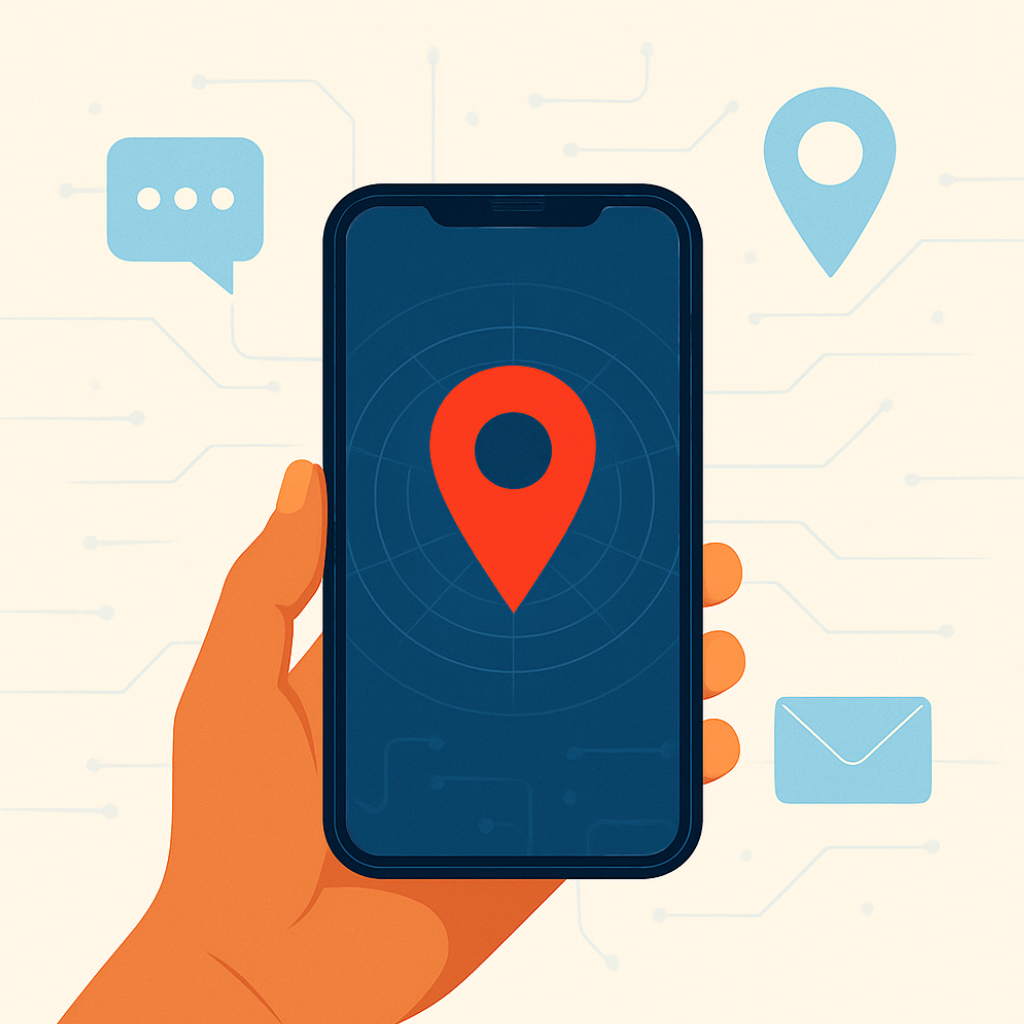You and I both know—our phones have become more than just communication tools. For professionals in DC, they’re portable offices, evidence lockers, and confidential client portals all rolled into one.
But here’s the truth, most folks don’t like to admit: tracking a smartphone is easier than you think. And the consequences? Far more than personal.
In the wrong hands, your phone isn’t just a device. It’s a vulnerability.
How Phone Tracking Actually Works
Let’s demystify it. Here are four ways someone could be peering into your phone—without your permission:
- Spyware Apps – These can be installed quietly to monitor calls, texts, app usage—even turn on your mic or camera without your knowledge.
- Phishing Links – Click one wrong email or SMS link, and you could unknowingly download tracking software.
- Excessive App Permissions – Some apps continue sharing your location in the background, long after you’ve forgotten they’re logged in.
- Stalkerware – The most deceptive of all—camouflaged to look like harmless utilities while collecting everything.
And no, it doesn’t take a genius hacker. Many of these tools are legally sold as “monitoring software.”
Why It Matters—Especially for Professional Services Firms
Let me put it plainly: if your phone is compromised, so is your firm.
Think about what you’ve got on that device:
- Confidential client emails
- Billing platforms and password vaults
- Access to your MFA tools, scheduling tools and file systems
- Confidential internal messages
One leak doesn’t just hit your pocket—it strikes at your firm’s reputation. And in our city, trust is currency.
According to the Verizon Data Breach Investigations Report, the average breach costs small businesses $120,000. And many of those breaches? They start on a mobile device.
Signs You Might Be Tracked
Spyware is designed to stay hidden—but here’s what might tip you off:
- Your battery drains unusually fast
- The phone feels warm, even when idle
- Data usage spikes out of nowhere
- Strange apps you don’t remember installing
- Calls with odd background noise
- Freezing screens or frequent crashes
No one sign proves it. But the pattern is worth paying attention to.
Steps to Protect Yourself and Your Practice
If you suspect something’s off—or just want to be proactive—here’s what to do:
- Run a Mobile Security Scan – Use a trusted app to detect spyware. Think of it as a mini risk assessment for your phone.
- Review App Permissions – Who has access to your camera, mic, or location? Revoke what you don’t need.
- Update Your Phone’s OS – Updates patch known vulnerabilities. Don’t ignore them.
- Factory Reset (if necessary) – If something’s embedded deep and won’t budge, a full reset may be your best option. Back up important data first.
- Use Strong Authentication – Enable Face ID, fingerprint access, and MFA on all critical apps.
Bottom Line: Your Phone Deserves Enterprise-Level Security
For professionals, the phone isn’t just a gadget—it’s the gateway to sensitive data, high-stakes communication, and billable trust. Leaving it exposed is like locking the front door of your firm…but leaving the side window wide open.
If you’re serious about protecting your clients, your team, and your reputation, start with our FREE Network Risk Assessment. We’ll help uncover weak points—not just on your network, but across every device that matters.

